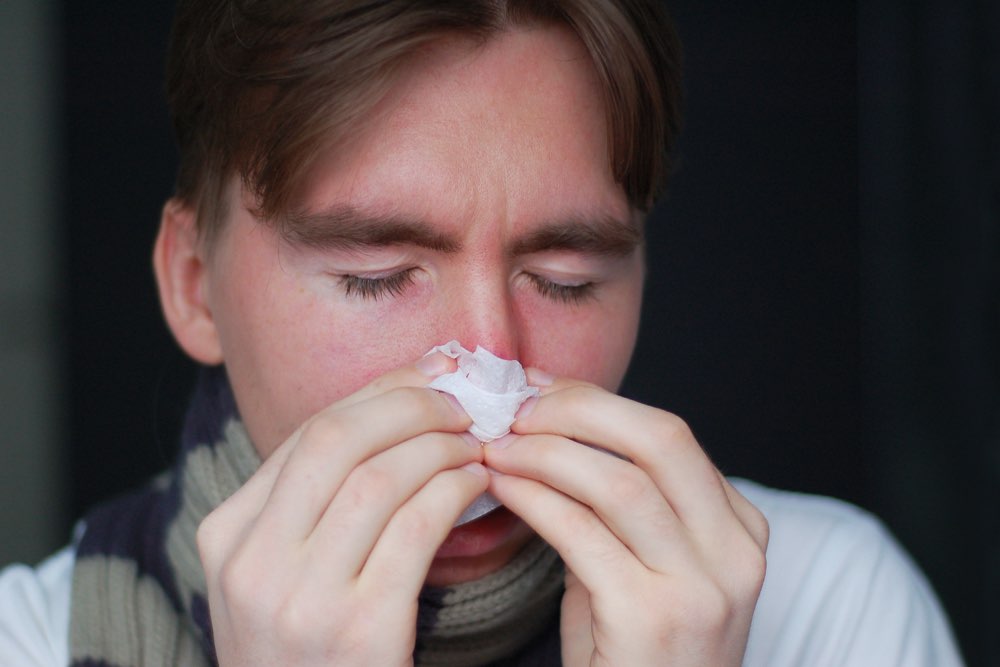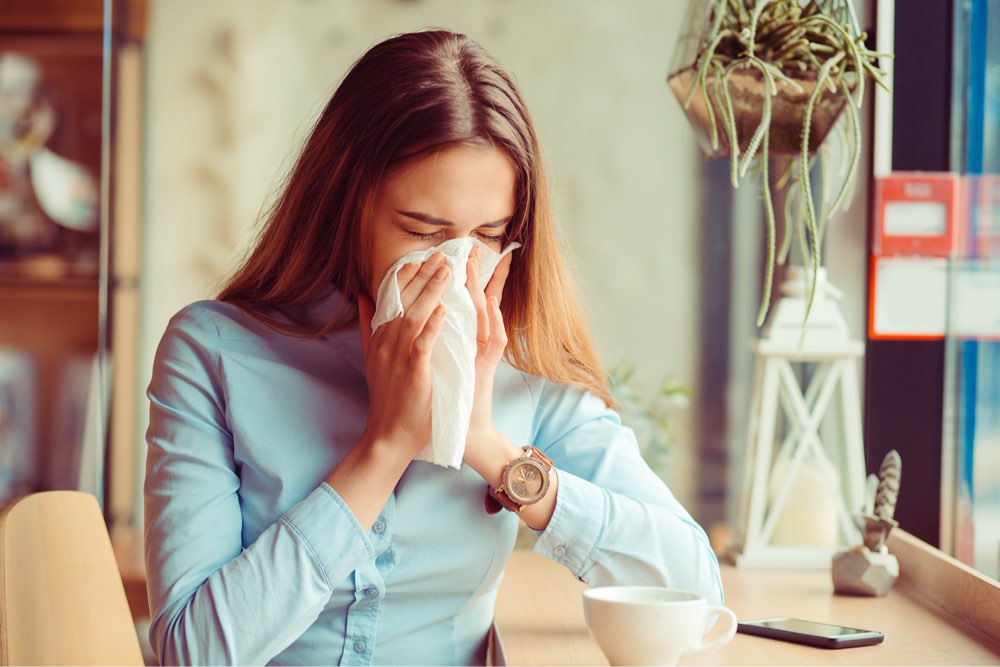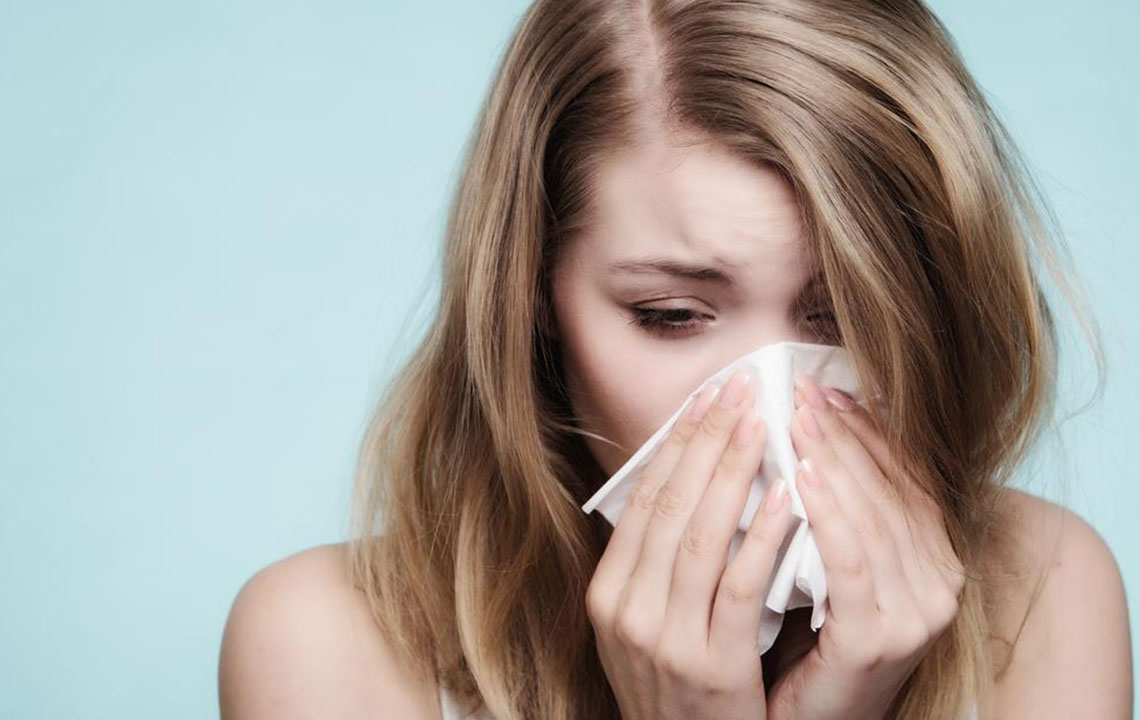Essential Strategies for Allergy-Free Sleep Tonight
Discover practical tips to prevent nighttime allergies and enjoy restful sleep. Regular bedding changes, pet management, pollen control, allergen-free environments, and personal hygiene are key strategies. Seek medical help if symptoms worsen for prompt relief and health safety.

Essential Strategies for Allergy-Free Sleep Tonight
Allergies occur when your immune system reacts to substances like dust, pollen, or pet dander, leading to symptoms such as sneezing and congestion. These reactions can disrupt sleep, impacting overall health. To ensure restful nights, consider implementing key precautions against allergens.
Refresh bedding regularly
Mattresses and pillows often harbor dust mites and allergens. Replacing bedding frequently and using hypoallergenic covers can significantly reduce exposure.
Limit contact with pets
Pet fur can carry allergens like dander, mites, and pollen. If you're allergy-prone, keep pets out of the bedroom to prevent allergen transfer to sleeping areas.
Control pollen exposure
As pollen levels tend to rise overnight, keep windows closed and run air conditioning fitted with high-quality filters to minimize airborne allergens.
Create an allergen-free space
Vacuum the entire room often and wipe surfaces with white vinegar to eliminate mold and dust. Using dehumidifiers or air conditioners set at 70°F keeps humidity low, inhibiting dust mites and mold growth.
Practice personal hygiene
Showering and washing hair before bed remove pollen and dust accumulated throughout the day, reducing allergen presence in your sleep environment.
If allergy symptoms worsen, are persistent, or cause difficulty breathing, please consult a healthcare professional immediately or call emergency services.
Note: Our blog offers informative content across various topics. While based on research, it is not a substitute for professional medical advice. Always seek medical consultation for allergy concerns or severe symptoms.










